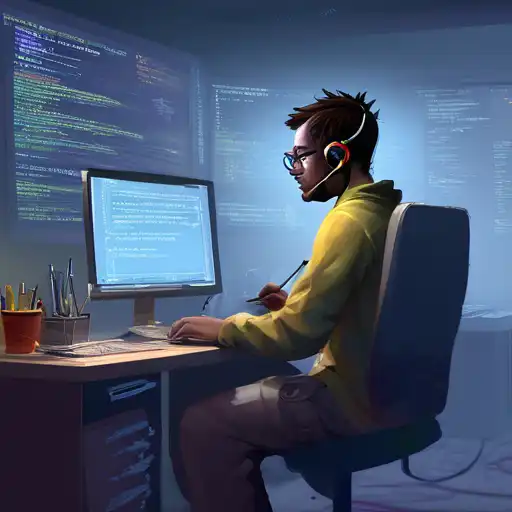Introduction to Debugging
Debugging is an essential skill for every programmer, especially for those just starting out. It involves identifying and resolving errors or bugs in your code that prevent it from running correctly. This article will guide you through some essential debugging tips that can help you become more efficient and confident in your coding journey.
Understand the Error Message
One of the first steps in debugging is to understand the error message. Compilers and interpreters provide error messages that can give you clues about what went wrong. Take the time to read these messages carefully, as they often point directly to the line of code or the type of error that occurred.
Use a Debugger Tool
Debugger tools are invaluable for stepping through your code line by line. They allow you to inspect variables, evaluate expressions, and understand the flow of your program. Familiarize yourself with the debugger in your development environment, whether it's Visual Studio Code, PyCharm, or any other IDE.
Check Your Code Logic
Sometimes, the error isn't a syntax error but a logical one. This means your code runs, but it doesn't produce the expected result. Review your code's logic, and consider writing tests to verify each part works as intended. For more on writing effective tests, check out our guide on writing effective tests.
Take Breaks
Debugging can be frustrating, especially when you're stuck on a problem for hours. Taking short breaks can help clear your mind and often leads to discovering the solution upon returning. Remember, debugging is as much about patience as it is about skill.
Seek Help
Don't hesitate to seek help when you're stuck. Online communities like Stack Overflow, GitHub, or programming forums can be great resources. Often, someone else has encountered the same issue and can offer a solution or insight.
Practice Makes Perfect
The more you debug, the better you'll become at it. Each bug you solve teaches you something new about coding and problem-solving. Embrace the process, and over time, you'll find that you spend less time debugging and more time writing great code.
Conclusion
Debugging is a critical skill that all programmers must master. By understanding error messages, using debugger tools, checking your code logic, taking breaks, seeking help, and practicing regularly, you'll become more proficient at debugging. Remember, every programmer, no matter how experienced, encounters bugs. What sets you apart is how you deal with them.
